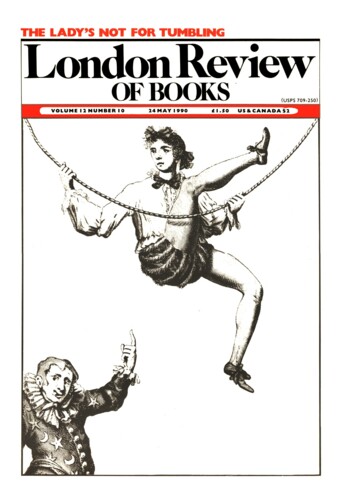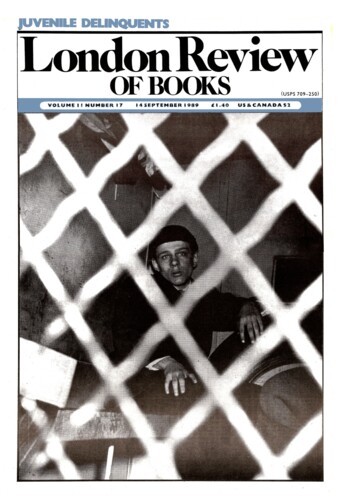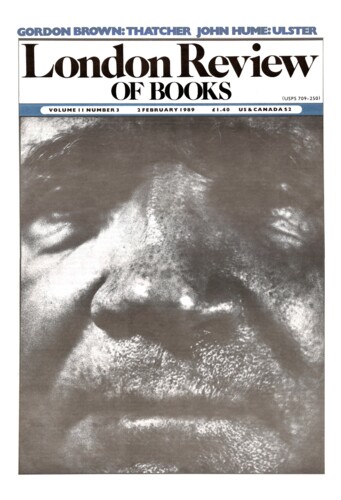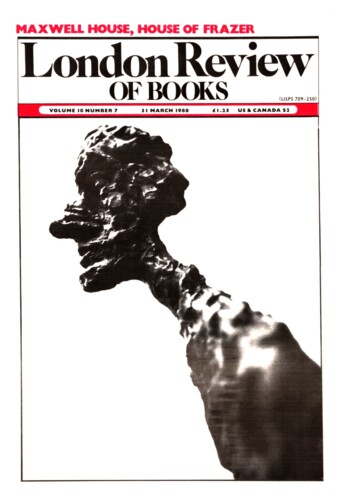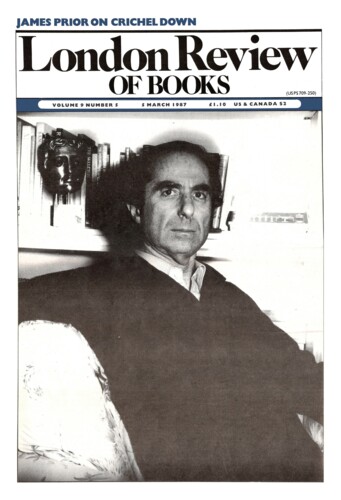What is there to lose?
Adam Phillips, 24 May 1990
The idea that literature, or any other discipline like boxing or song-writing, could modify psychoanalytic theory – that it could be a two-way street – has always been problematic for psychoanalysts. There is, of course, no reason to think a psychoanalyst’s interpretation of a boxing match would necessarily be more revealing than a boxer’s account of a psychoanalytic session. But psychoanalysts have worked on the rather misleading principle that psychoanalysis is only useful or interesting if it is in some sense right, rather than believing that it is another good way of speaking about certain things like love and loss and memory, as songs can be (and that, also like songs, it is only ever as good as it sounds). For most psychoanalysts, including Freud, Great Artists tend to provide either vivid illustration or prestigious confirmation of psychoanalytic insights. Melanie Klein, for example, found nothing she didn’t already know in the Oresteia, and even Lacan found Hamlet reassuring.’
